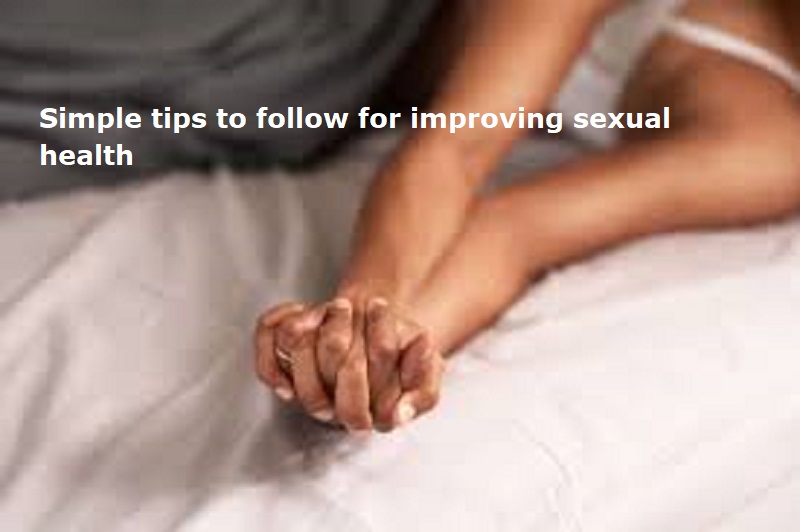
Sexual health is a state of physical, emotional, mental and social well-being in relation to sexuality. It is not merely the absence of disease, dysfunction or infirmity. Sexual health requires a positive and respectful approach to sexuality and sexual relationships, as well as the possibility of having pleasurable and safe sexual experiences, free of coercion, discrimination, and violence.
Sexual health is a crucial aspect of overall well-being. Enhancing sexual health involves more than just addressing physical concerns; it encompasses mental, emotional, and relational dimensions as well. By prioritising open communication, education, safer sex practices, and mental well-being, individuals can cultivate fulfilling and satisfying sexual lives.
Here are some tips and strategies to improve overall sexual health:
Open communication
Effective communication with your partner is key to a healthy sexual relationship. Discuss desires, boundaries, and any concerns openly and respectfully.
Education
Stay informed about sexual health topics, including contraception, STIs (Sexually Transmitted Infections), consent, and pleasure.
Regular STI testing
Get tested regularly for STIs, even if you’re in a monogamous relationship. Testing is essential for early detection and treatment, reducing the risk of transmission and long-term health complications.
Practice safer sex
Use condoms or other barrier methods consistently to prevent STIs and unintended pregnancies. Incorporating safer sex practices into your routine promotes sexual health and well-being.
Also Read: Know signs of social anxiety disorder and ways to deal it
Healthy lifestyle
Maintain a balanced diet, engage in regular physical activity, and manage stress levels. A healthy lifestyle supports overall well-being, including sexual health.
Address mental health
Mental well-being profoundly impacts sexual health. Seek support from mental health professionals if you’re experiencing stress, anxiety, depression, or other mental health concerns that affect your sexual life.
Address relationship issues
Address any relationship issues or conflicts that may impact sexual intimacy. Couples counselling or therapy can be beneficial in resolving conflicts and strengthening emotional bonds.
Seek professional help
If you’re experiencing sexual dysfunction or dissatisfaction, don’t hesitate to seek help from healthcare providers or sex therapists. They can provide guidance, support, and treatment options tailored to your needs.
Avoid all addictions
Alcohol or drug use can impair judgment and sexual function, increasing the risk of risky behaviours and negative sexual experiences. Practice moderation and seek help if substance abuse becomes a concern.

Post Your Comments